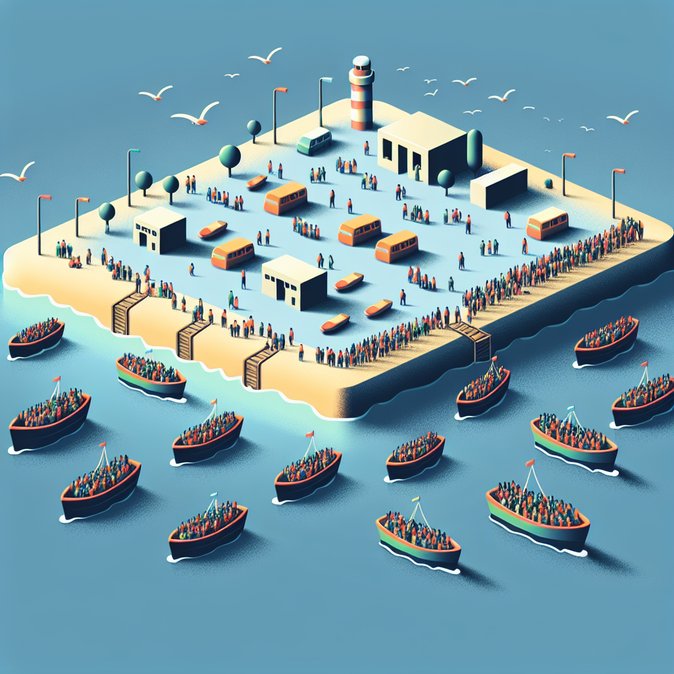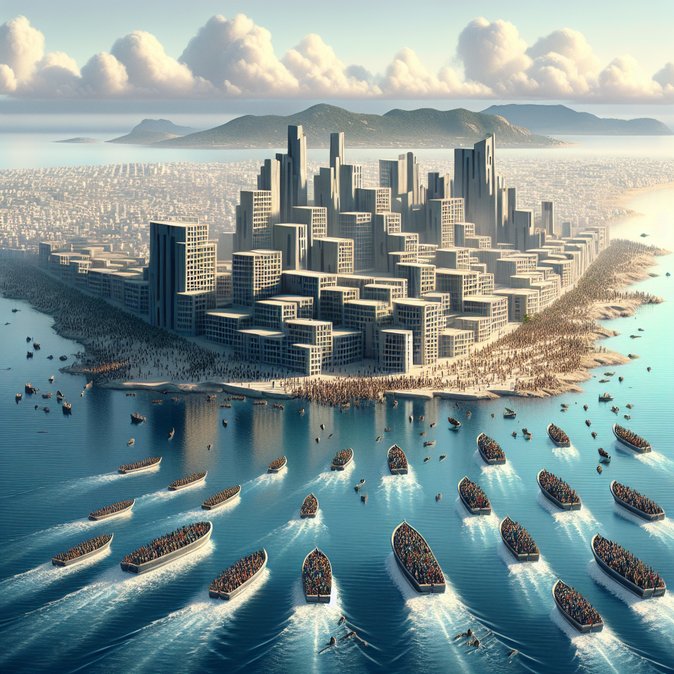
Guardia Civil and Salvamento Marítimo units have intercepted 18 small boats carrying a total of 330 irregular migrants to the Balearic archipelago since Tuesday, MallorcaDiario reports. Arrivals were spread across Formentera, Cabrera and other islets, with operations involving helicopters and mountain-rescue teams due to difficult coastal terrain.
Most occupants are believed to be of Maghrebi or sub-Saharan origin. Initial medical assessments found no serious health issues, but local reception centres are nearing capacity. Authorities transferred several groups to Ibiza and Palma for processing under Spain’s 72-hour detention-and-return protocol.
![Balearic Islands Record 18 Boat Landings and 330 Migrants in 48 Hours]()
The surge comes despite a year-to-date decline in overall Mediterranean crossings to Spain, illustrating how traffickers adapt routes when patrol patterns change. For travel managers, the spike may increase random police checks on inter-island ferries and at Palma airport, potentially delaying staff movements.
Regional officials are requesting additional central-government resources, warning that humanitarian shelters in Palma have only 40 spare beds left. The Interior Ministry says it will redeploy a maritime patrol vessel and fast-track transfers of migrants to peninsular reception centres to ease local pressure.
NGOs urge a long-term strategy that includes legal migration pathways and coordinated search-and-rescue funding. They point to Spain’s new foreigners’ regulation, which from May 2025 allows seasonal collective hiring abroad, as a model to channel irregular flows into regular work visas.
Most occupants are believed to be of Maghrebi or sub-Saharan origin. Initial medical assessments found no serious health issues, but local reception centres are nearing capacity. Authorities transferred several groups to Ibiza and Palma for processing under Spain’s 72-hour detention-and-return protocol.

The surge comes despite a year-to-date decline in overall Mediterranean crossings to Spain, illustrating how traffickers adapt routes when patrol patterns change. For travel managers, the spike may increase random police checks on inter-island ferries and at Palma airport, potentially delaying staff movements.
Regional officials are requesting additional central-government resources, warning that humanitarian shelters in Palma have only 40 spare beds left. The Interior Ministry says it will redeploy a maritime patrol vessel and fast-track transfers of migrants to peninsular reception centres to ease local pressure.
NGOs urge a long-term strategy that includes legal migration pathways and coordinated search-and-rescue funding. They point to Spain’s new foreigners’ regulation, which from May 2025 allows seasonal collective hiring abroad, as a model to channel irregular flows into regular work visas.







